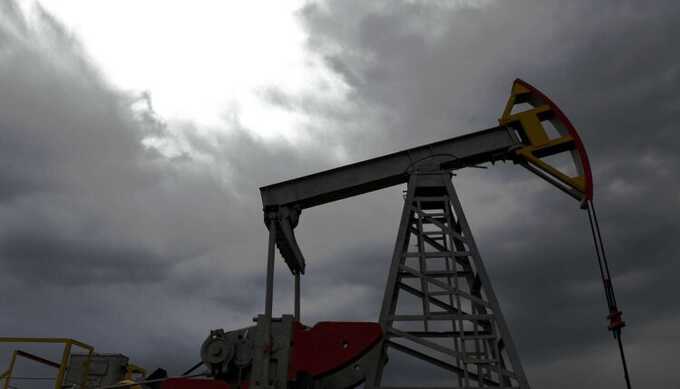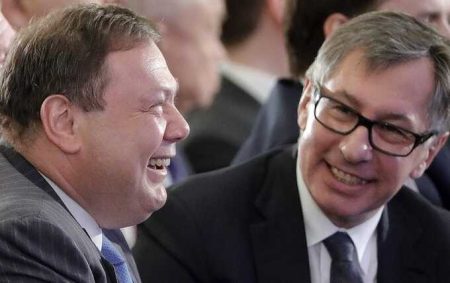Another part of the countries fear that this may be perceived as a sign of weakness
The leadership of some countries of the European Union considers it necessary to consider the issue of postponing the introduction of a ban on the import of Russian oil. This information is provided by Bloomberg. The agency refers to sources among European diplomats.
The Bloomberg material does not specify which countries are in question. The postponement proposal, according to the agency, is due to the desire of the EU countries to continue working on the rest of the sixth package of sanctions if the European Union cannot convince Hungary to support the embargo.
Bloomberg interlocutors noted that support for the idea to postpone the embargo on Russian oil is growing. Meanwhile, one of the diplomats said that some European Union countries fear that the decision to postpone the embargo could be seen as a sign of weakness.
Earlier, the head of the Hungarian government, Viktor Orban, said that his country would not support the imposition of an embargo on Russian energy resources.
It was also reported that the European Union is discussing the idea, in the event of an embargo, to provide the three member countries with the opportunity to maintain Russian oil imports until 2024. We are talking about Hungary, Slovakia and the Czech Republic. Hungary and Slovakia are invited to give time to refuse Russian oil until December 31, 2024, the Czech Republic – until June 30, 2024.
Recall that at the moment the European Union is preparing a new, sixth package of sanctions against the Russian Federation. According to the head of the European Commission, Ursula von der Leyen, as part of this package, the European Union may impose a ban on the import of Russian oil, and Sberbank and two other unnamed banks (according to Politico, we are talking about Rosselkhozbank and Moscow Credit Bank) will be turned off. from SWIFT. In addition, broadcasting of three major Russian TV channels will be banned on the territory of the European Union. Which ones – von der Leyen did not specify. Agence France Presse (AFP), referring to the draft document on sanctions, also reported that Patriarch Kirill would be included in the sanctions list.




